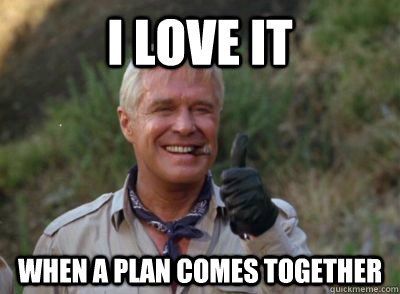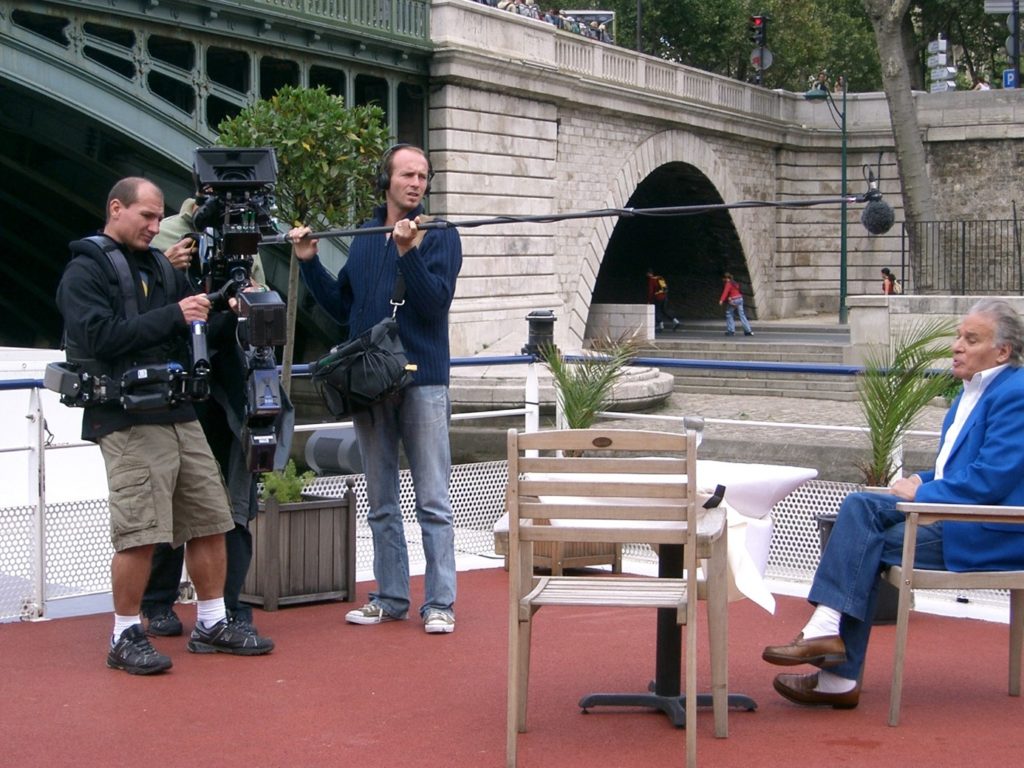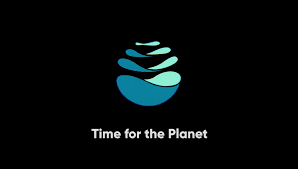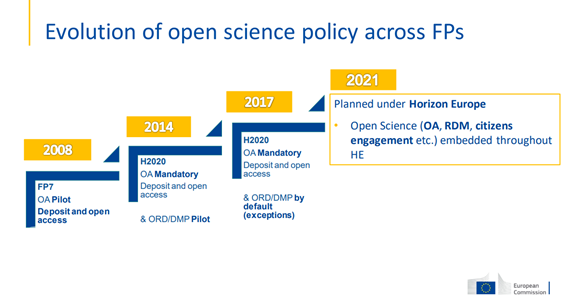To ensure a successful project, whatever its type, it is essential to rely on some project management methodologies. Beyond the 3 usual criteria – time, cost and quality – used for an ideal project management, project managers can implement several methodologies to get support during their project.
According to the “pulse of the profession 2019” [1], 89% of surveyed professionals confirmed that their organization implement several methodologies for project management. Project managers do know several methodologies that they use in parallel to be compatible with the context of their project but also with the project stakeholders.


 Follow
Follow




